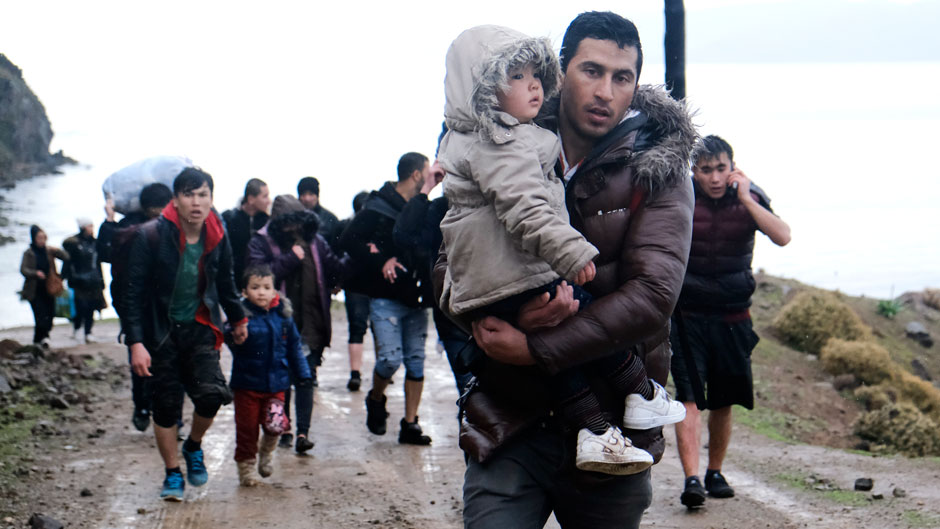In 2019 more than 272 million people migrated around the world, continuing an upward trend in all global regions, according to the United Nations. Although migration has been an enduring feature of our global history, the spread of COVID-19 has practically brought this aspect of our world to a halt.
According to Alejandro Portes, professor of law and sociology at the University of Miami, the pandemic has created a trend in migration that is unlike any other circumstances.
“If political unrest or a natural disaster happened, people would naturally want to escape from it to another country, but since everyone in the world is affected by the present pandemic, there is nowhere to run and nowhere to look for refuge,” he said. “The dynamics of the situation discourages people to leave their country because of the risk of travel.”
In the United States, President Donald Trump recently announced that he will halt immigration into the country for 60 days, freezing the ability for people to obtain a green card. Also, as the country’s northern and southern borders close in an effort to stop the spread of the coronavirus, the Department of Homeland Security reports the number of illegal border crossings have dropped by half. Portes said that he anticipates the number of caravans and desperate people crossing the border to decrease even more in the future because of the rapid spread of the coronavirus.
“The fact that the U.S. finds itself in a situation similar or worse than other countries in this pandemic completely discourages the idea that the U.S is the land of salvation,” he said.
Although illegal immigration has decreased during the crisis, the H-1B visa program, which brings highly skilled workers into the United States, is still up and running. According to Portes, the flow of highly skilled workers is essential to keep high-tech sectors of the U.S. economy going.
“In addition to the H-1B program, the federal government also created the H-2 program to fill the needs of American agriculture and jobs that require manual labor. Nobody is going to sing praises of the manual workers, but they are doing absolutely essential work to keep the wheels of the economy and distribution system running,” Portes explained.
Although there may be speculation about the pandemic triggering lasting migration movements, Portes noted that it could mostly have short-term impacts.
“In large cities like New York City, Tokyo, and London, there will be a tendency of people moving to more sparsely populated regions during the pandemic, but it would be short term,’’ he said “Once the worst of the epidemic passes, these cities that are at the centers of the global economy will eventually repopulate.”
In the long term, Portes explained, the proximity to places of work could possibly no longer be a significant factor because of advances in the virtual economy.
“There may be less need for people to move physically to another country, and one can anticipate that at least a fraction of the workers coming from overseas may be more productive if they stayed and worked from their country of origin,” he pointed out.
In addition, Portes noted that lessons learned during the pandemic will change the way universities teach students in the future.
“I anticipate that there will be a more generalized practice of student online learning and virtual courses that enroll both Americans and foreigners living in their own countries,” he said. “It’s quite possible that, once we master the technology, teaching can be conducted from internet platforms without need for physical travel or face-to-face contact.”

